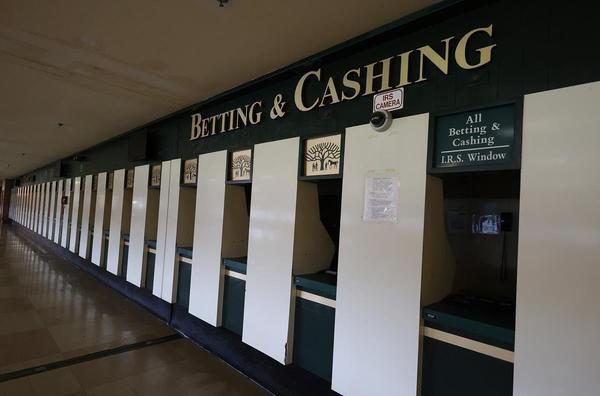Betting is unlikely to be legalized in California next month

The GIST: The odds are stacked against sportsbooks in the Golden State. In a poll published by the UC Berkeley Institute for Governmental Studies yesterday, eligible voters in California will likely vote against two bills legalizing betting next month.
The bills: Prop 27 would legalize online sports betting, with 85% of tax revenue earmarked for California’s fight against homelessness, and the remaining 15% going to Indigenous groups that don’t participate in gaming. Campaign efforts for the bill received financial backing from the likes of DraftKings and FanDuel.
- Meanwhile, Prop 26 allows for in-person betting at horse racing tracks and Indigenous owned and operated casinos. Seventy percent of tax revenue would land in the state’s general fund, while 30% would be split between gambling enforcement, prevention and mental health resources.
- Sportsbooks must partner with an Indigenous group native to California if the measures pass, and would be required to pay $100 million for a license, the highest cost for one in the country.
The polling: A whopping 53% of respondents said they would say no to Prop 27, while 27% would vote in favor. Twenty percent remain undecided. The gap is smaller for Prop 26, but still sizable — 42% are against, 31% are for it and 27% are undecided. *removes “Golden” from playlist*
Zooming out: If the measures fail, campaigners will need to reevaluate messaging after spending more than $410 million on the trail. Respondents felt sports betting reflected “wealthy interests,” despite Californians’ overall support for initiatives that economically benefit Indigenous communities.
- Sportsbooks may be missing out on an industry worth an estimated $3 billion a year, but they’re still doing just fine. Kansans started placing wagers in September, with Ohio and Massachusetts residents joining the fray in the coming months.
Enjoying this article? Want more?

Sign up for The GIST and receive the latest women's sports business news straight to your inbox three times a week

